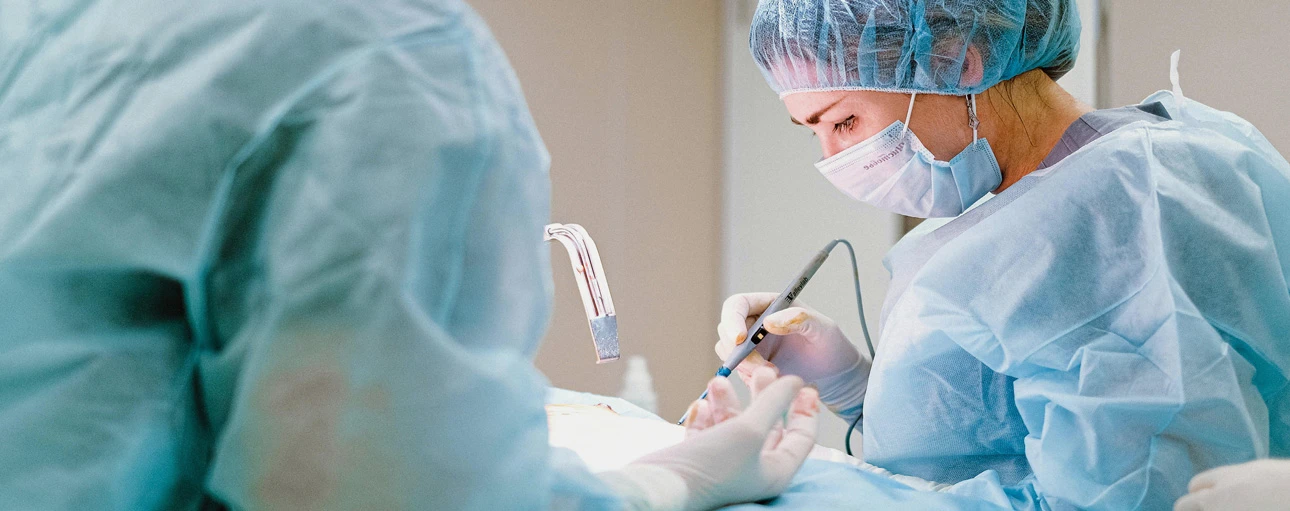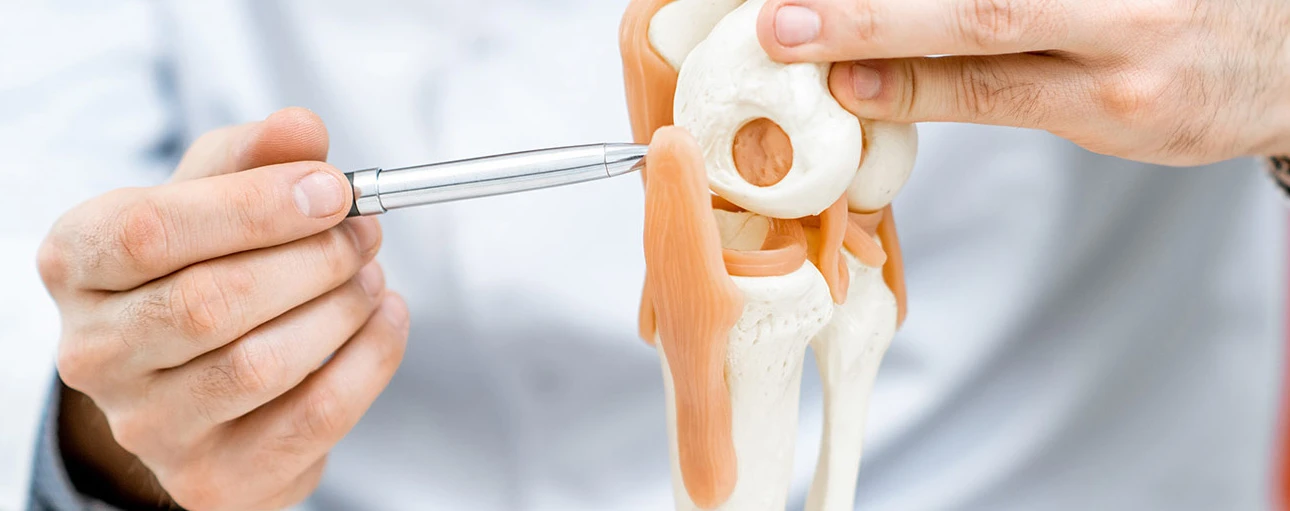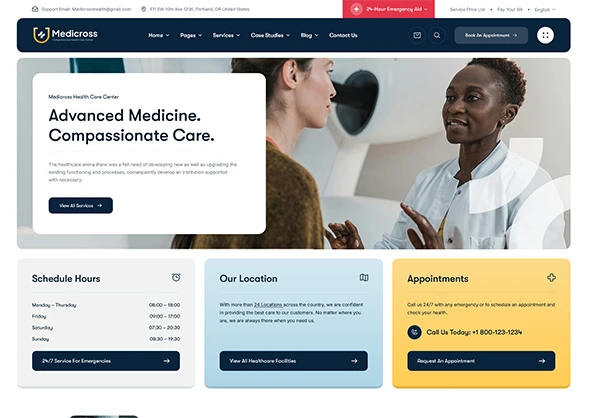- Your cart is empty Browse Shop
Dialysis



About Dialysis
Dialysis is a medical procedure used in hospitals to perform the function of the kidneys when they can no longer work properly. It removes waste products, excess fluids, and toxins from the blood when the kidneys fail due to chronic kidney disease, acute kidney injury, or other severe health conditions. Dialysis can be provided as hemodialysis (using a machine and filter) or peritoneal dialysis (using the lining of the abdomen). It is usually performed in a dedicated dialysis unit within the hospital under the supervision of trained nephrologists and nurses.
Purpose & Benefits of Dialysis in a Hospital
Dialysis serves as a life-saving treatment for individuals with kidney failure by performing the vital functions of the kidneys. Its primary purpose is to remove waste products, toxins, and excess fluids from the blood, maintaining the body’s chemical balance. Dialysis helps regulate electrolytes, control blood pressure, and prevent life-threatening complications such as fluid overload or toxin buildup. It also reduces symptoms like nausea, fatigue, and confusion. By supporting the body’s internal balance, dialysis improves quality of life, prolongs survival, and enables patients to remain active while awaiting a kidney transplant or continuing long-term kidney care.
Purpose of Dialysis
- Patient Monitoring and Coordination: Nurses use this area to track patient vitals, manage care schedules, and ensure timely medication and treatment delivery.
- Communication Center: Facilitates constant communication between nurses, doctors, labs, and other departments to coordinate patient care.
- Documentation and Record Keeping: Provides a space for updating patient charts, entering data into electronic health records, and managing care plans.
- Emergency Response Point: Acts as a quick-access location for responding to urgent situations like alarms, code blues, or patient distress.
- Supply and Medication Management: Stores essential supplies and medications for easy, immediate access during patient care activities.
Benefits of Dialysis for the Human body
- Removes Waste and Toxins: Dialysis filters out harmful waste products like urea, creatinine, and ammonia that would otherwise build up in the bloodstream and cause poisoning.
- Maintains Fluid and Electrolyte Balance: It helps regulate fluid levels and essential electrolytes (such as potassium, sodium, and calcium), preventing swelling, cramps, or heart problems.
- Controls Blood Pressure: By removing excess fluid and maintaining a proper chemical balance, dialysis helps stabilize blood pressure, reducing strain on the heart.
- Improves Quality of Life: Patients on dialysis can live longer, remain active, and reduce symptoms like nausea, fatigue, shortness of breath, and mental confusion caused by kidney failure.
- Supports Long-Term Survival: Dialysis is a life-saving treatment for people with end-stage kidney disease, keeping them alive until a kidney transplant is possible or as a long-term therapy.








